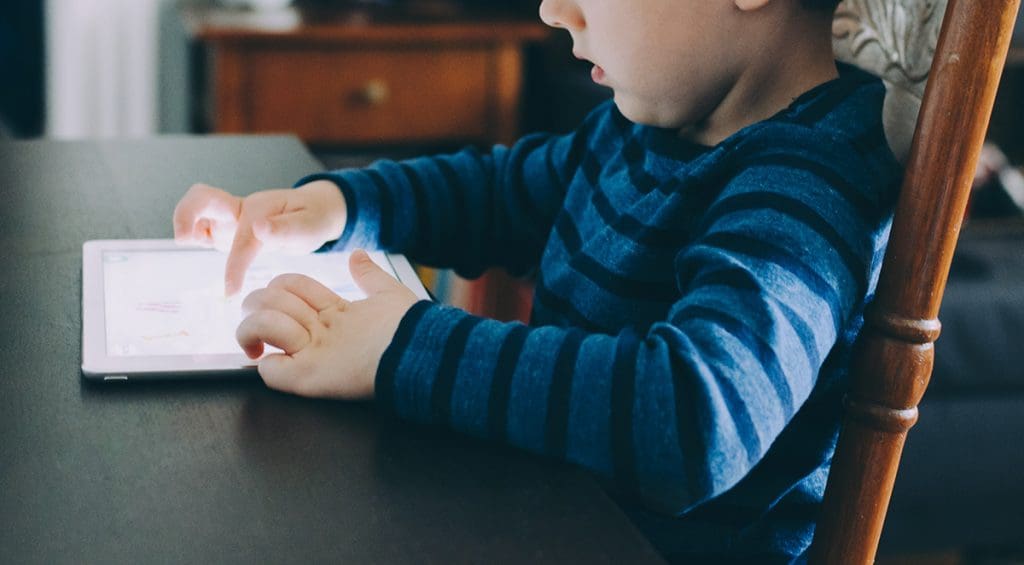Ms. Palak Tiwari Gaiekwad
Educationist
Director of Little Kingdom chains of schools, Jabalpur
Kangaroo kids International Pre-School, Gwalior
Billabong High International School, Gwalior
Parenting Blogger @Parenting with Palak

“Speak to your children as if they are the wisest, kindest and the most beautiful and magical humans on earth, for what they believe is what they’ll become” – Brooke Hampton
This is an unprecedented time in the history of humans. The COVID -19 pandemic has turned the world upside down. Businesses are shut down, jobs have been cut, people suffering, shortage of basic necessities in the markets, and schools too are closed indefinitely.
For many people, just keeping children busy and safe at home is an intimidating prospect and for those living in low-income and crowded households, these challenges are intensified. For many, the economic impact of the crisis and not having jobs or money increases parenting stress which sometimes result in abuse and violence against children.
But this time of hardship is also giving us a creative opportunity to build stronger relationships with our children and adolescents. In today’s world, where both the parents are working, there isn’t enough time for them to spend time with their children and talk about things while developing a bond.
It is very important for parents to approach the topic of the ongoing pandemic in an age appropriate way. Do not pass on too much information as it may be disturbing for the child. At the same time, also tell your child about the safety measures and precautions like use of mask, sanitizing and maintaining social distancing.
I believe in following the 3Rs of parenting, especially in these trying times.
RESPECT
We should respect our child’s thoughts, feelings and dreams. If a parent expects a child to carry respect in their minds, the same should be demonstrated.
REWARD
Rewarding positive behavior helps children develop little routines and rituals important to everyday life. Much of the quality of the child’s adult life is determined by habits learned as a child. Rewarding positive behavior encourages them to repeat the same behavior.
ROUTINE
Children had been in a habit of following a schedule or a routine while the schools and colleges had been functioning. Parents can help them in managing their time during the lockdown meaningfully and help them plan their days in advance.
I suggest & stress upon the following points, which need to be imbibed upon your kids through words/demonstrations, for which we normally do not get the spare time for.
Talk to them about their emotions.
Teach them to identify different emotions. Tell them that suppressing their emotions isn’t the key to a better life but it’s about learning to manage their emotions well. Teach them that emotions are normal, they are all around us and they can control how they react to those emotions.
Be real, NOT REEL.
Talk to your children about being real and authentic. When we are real with ourselves and other people, we can create situations, circumstances and experiences that can truly be called extraordinary. It is these extraordinary events that result in an extraordinary life. Tell your child to be who they truly are in every circumstance of life and demonstrate the same by being real in your parenting and not putting up a “perfect” pretense.
Being Hopeful
Children tend to lose hope when they can’t see a pathway to their goals. At times like these, it’s important to have patience and at the same time work hard and keep the hope alive. Talk to your child about not giving up even in stressful situations and assure them with your words.
Let us empower our children with the right information, teach them the precautions to take and motivate them to spread the same awareness, assure them with your words and most importantly, be available for them so that they can speak freely about their feelings and come out of this distressing period stronger and wiser.
COVID-19 is not the first virus to threaten humanity, and it will certainly not be the last. We need to develop effective ways to strengthen families to respond, care, and protect a future for the world’s children.


